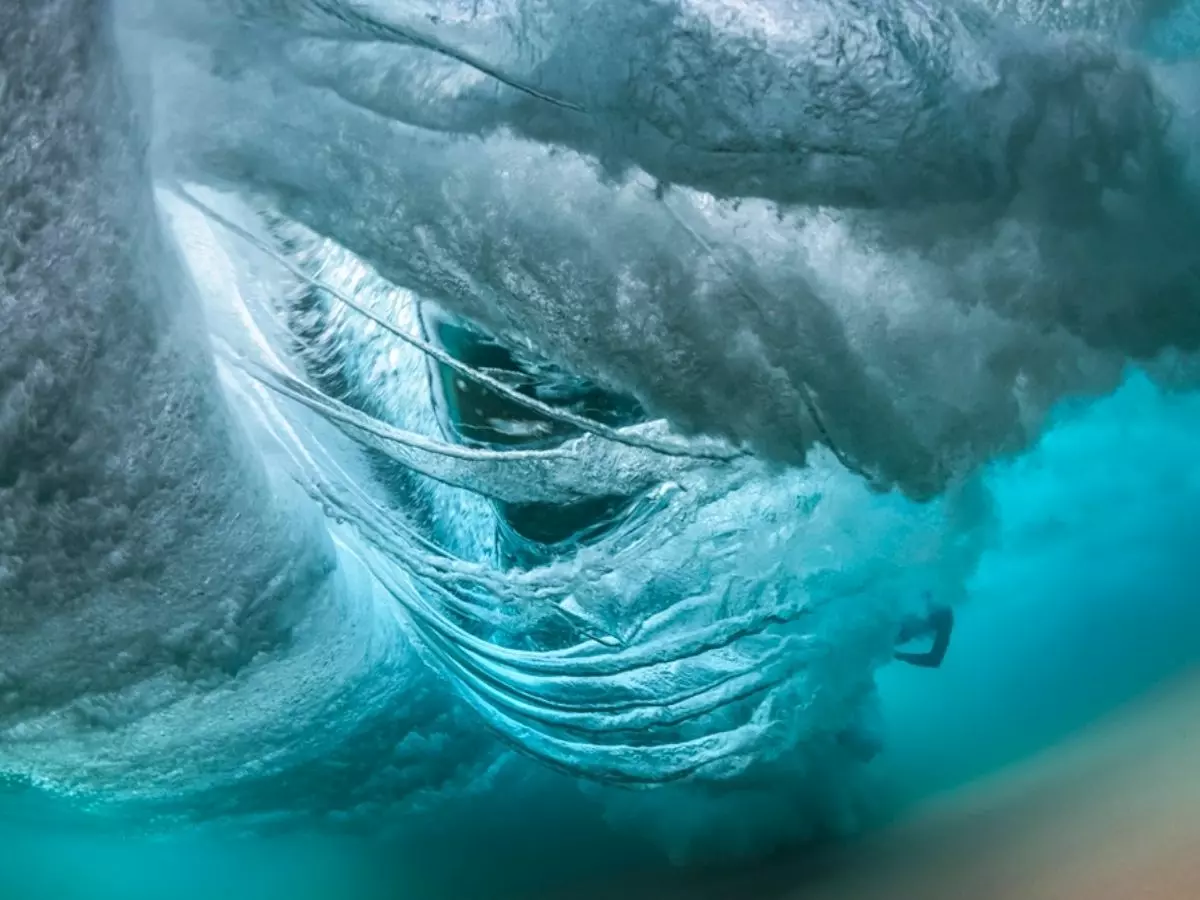Oceans Are Experiencing 'Memory Loss' Due To Global Warming: How It'll Affect Us
This can lower the ocean¡¯s capacity of thermal inertia which can make the upper ocean more susceptible to uncertain temperature anomalies.

Global warming and climate change are causing irreversible damage to our planet in numerous ways -- whether it's the changes in weather patterns, changes in the lives of the flora and fauna or even changes in the water temperatures in the ocean.
 Unsplash
Unsplash
Also Read: 14,000 Scientists Warn Of 'Untold Suffering' If We Ignore Climate Change
However, based on recent research, this change is not just affecting the water¡¯s temperature but also the currents, structure and also its colour, making it lose its memory.
This is according to a new study conducted by researchers from the Farallon Institute in Petaluma, California. Researchers studied sea surface temperatures in the shallow top layer of the ocean dubbed the upper ocean mixed layer.
Even though this layer is quite shallow, extending only to a depth of around 50 metres from the ocean surface, this layer is known to showcase a lot of persistence over time in terms of thermal inertia, especially compared to the variations observed in the atmosphere.
Researchers have found a steady decline in persistence of sea surface temperature anomalies and is expected to spread across the globe. They warn that more dramatic variations are expected in the coming decades.
They discovered this phenomenon by examining the similarity in ocean surface temperature from one year to the next as a simple metric for ocean memory. Researchers highlight that shoaling effects in the upper ocean mixed layer will cause greater levels of water-mixing in the upper ocean, reducing the top layer entirely.
This can lower the ocean¡¯s capacity of thermal inertia which can make the upper ocean more susceptible to uncertain temperature anomalies.
While researchers don¡¯t have the answer for its impact on marine life, they speculate that it could have consequential impacts on populations. They however also emphasise that some species can fare better than others based on adaptation.
 Unsplash
Unsplash
Also Read: Global Warming Is Making Nights Hotter Than Days, As Per 34 Years Of Data
Researchers however warn that this could affect weather prediction -- an issue that could get worse considering extreme weather is predicted to become more frequent in the coming future.
Authors explain in the study, "The projected decline in ocean memory is likely to hinder ocean prediction efforts by reducing the lead times at which SST forecasts, including those for MHWs, are skilful.¡±
They added, ¡°Future warming-induced MLD shoaling may also alter the statistics of temperature extremes which combined with a reduced lead time for persistence-based predictions of ocean surface conditions will pose challenges for ecosystem management and marine hazard preparation."
Keep visiting Indiatimes.com for the latest science and technology news.
